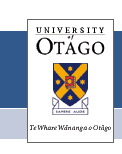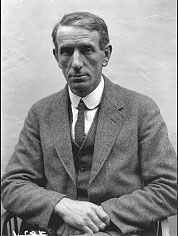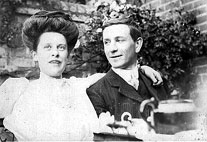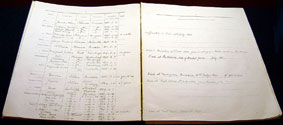

A National Library
Gallery Exhibition Supported by Rhodes House, Oxford
1904
Allan Thomson | 1881-1928
New Zealand’s first Rhodes scholar was James Allan Thomson, a young geologist from Dunedin. He was born on 27 July 1881 in Otago Boys’ High School Rectory where his father George Malcolm (GM) was a science teacher. Allan shared his father’s passion for science and went on to study geology at Otago University. He graduated in 1904, the same year as Sir Peter Buck. Encouraged by his father, Thomson applied for the newly established Rhodes scholarship. To the delight of Dunedin, he won. It was Oxford’s social life that particularly impressed Thomson. He wrote for the Otago Daily Times:
Thomson was not as inspired, however, by the university’s small geology department. Geology had been established as a subject at Oxford not much longer than at Otago. In 1909 he returned to New Zealand. He was appointed as the geologist to Robert Falcon Scott’s expedition to the Antarctic, but developed tuberculosis and had to withdraw. Although the disease blighted the remainder of his life and career, he was appointed director of the Dominion Museum in 1914, and was influential in reforming the institutions of science in New Zealand. Thomson became a world authority on brachiopods, a marine organism commonly found as fossils. His treatise Brachiopod morphology and genera: recent and tertiary was published in 1927 the culmination of years of patient study punctuated by periods spent in the sanatorium. In his short life Thomson made a remarkable contribution to science in New Zealand. His work, and that of his father, was recognised with the establishment in 1985 of the Royal Society of New Zealand’s Thomson Medal.
Further ReadingRoss Galbreath, Scholars & gentlemen both: GM & Allan Thomson in New Zealand science & education, Wellington: Royal Society of New Zealand, 2002.
|
|||||||||||||||||||||||||
Special Collections |
1st Floor, Central Library, University of Otago |
20 September - 10 December 2004 |
















